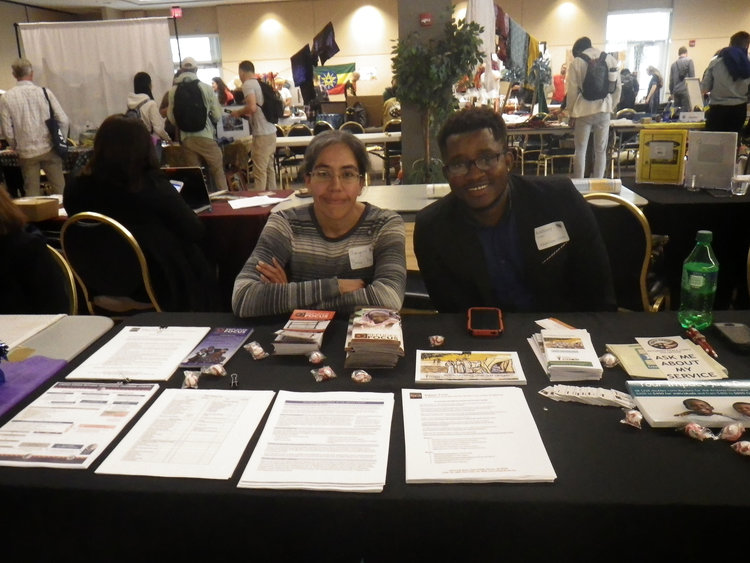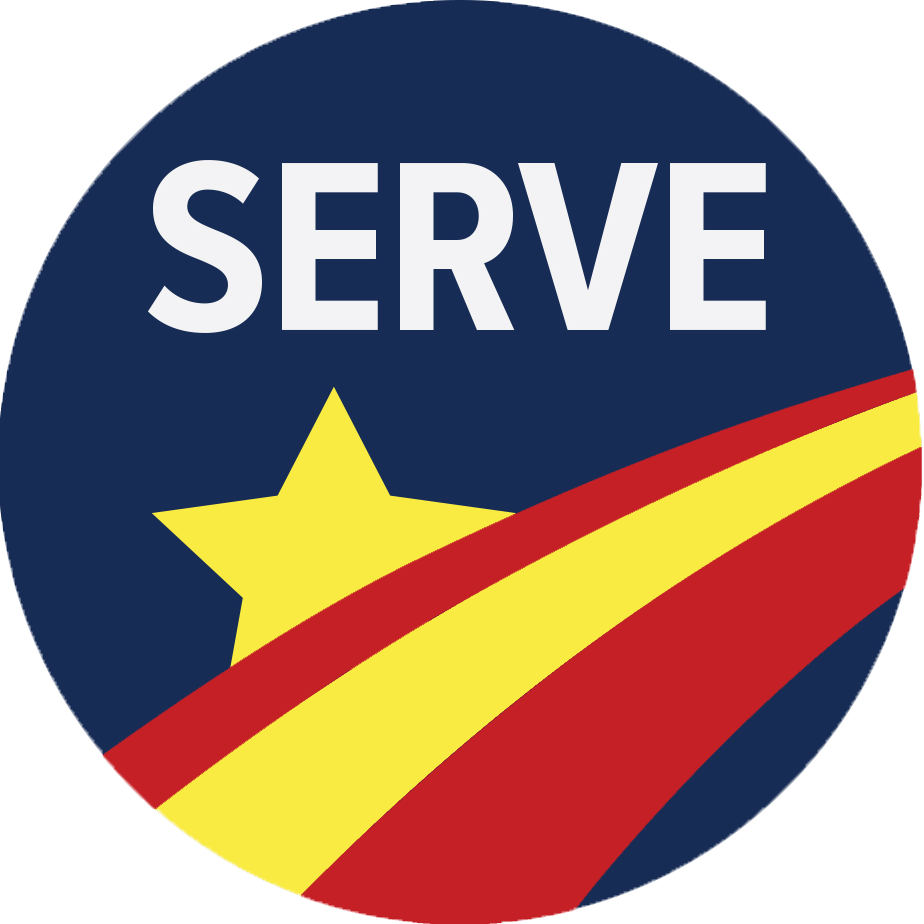
I came to be an AmeriCorps VISTA through a rather circuitous route. For 15 years I was an academic archaeologist, and spent three years as an Assistant Professor of Anthropology and teaching at a university. My research focused on ancient social issues that increasingly seemed too distant from the pressing social needs of our current world. Over time my personal and professional goals became so misaligned, that I decided to take a personal leave of absence from the academic world. After a year of reassessing my life, I decided to shift gears and become a VISTA. I had already contemplated taking a vow of poverty and dedicating my efforts to service, so being a VISTA seemed like a good fit.
Currently I am serving as a volunteer coordinator with Lutheran Social Services of the Southwest (LSS-SW) in Tucson, Arizona. Like many non-profit organizations, LSS-SW relies on tremendous community support, including volunteers, to accomplish the work that they do. And that’s where volunteer coordinators like me come in. My project is to help build a strong, sustaining volunteer program in Tucson for the divisions of LSS-SW that operate here. But I view what I’m doing in more general terms –help to connect people willing to serve their community with those in the community who need help.
Refugee Focus and Aging & Disability are the two divisions of LSS-SW that operate in Tucson. Most of the LSS-SW volunteers in Tucson give their time at Refugee Focus, which resettles refugees and provides support to them as they integrate into our community. In 2015 there were 21.3 million refugees in the world. Though the final statistics are not yet in for 2016, we do know that the previous year’s number was surpassed back in October of 2016. Arizona is 6th in terms of states that welcome refugees in the U.S., and Tucson is one of two cities in Arizona that welcomes refugees to our community. Volunteers, who must meet high vetting standards, are essential to assisting them in achieving self-sufficiency. Part of my work entails implementing a volunteer management program that ensures highly vetted volunteers are connected to vulnerable individuals and families faced with the daunting task of integrating into our community in a very short period of time.
 Poverty, among other problems, looms large.
Poverty, among other problems, looms large.
Aging & Disability is just now beginning to mobilize volunteers to enhance their work, which centers around in-home care for homebound seniors and disabled persons, including operating part of the Meals on Wheels program in Tucson. Since 26% of seniors in Pima County live alone, in-home care and related services are important for helping seniors remain in their homes versus going to care facilities. Working with their Luminaria program, I’m helping to bring in their first volunteers, who will offer friendly voices over the phone to homebound clients. That friendly voice might be one of the few sources of regular contact for homebound individuals. Hopefully the work that I do will lay the foundation for the expansion of the volunteer program to include more roles to serve seniors and disabled individuals, who sometimes find themselves close to poverty, hungry, or neglected.
In the course of my day as a VISTA, I may not give my time and energy to direct service with refugees, seniors, or the disabled in Tucson. But my efforts are building a framework so that the volunteer program can continue long after I’m gone.
Part of what I appreciate about working with LSS-SW is that they offer a range of services to different groups of people with different needs. Working here has opened my eyes to the realities of refugee resettlement, aging, and disability; the challenges that various groups face in our community; and how those realities, challenges, and experiences intersect with poverty.
Part of what I like about being a VISTA is that in the course of my interactions with others working on issues of poverty I’ve learned about so many other issues: homelessness, fair housing, economic and food insecurity, mass incarceration, mental health, and racism. I’ve also had the opportunity to think more about the history and theories of non-violence. I intend to continue to work on social justice issues, and to pursue non-violent approaches to making social change.
It took me a while, but it appears that things are beginning to align.
